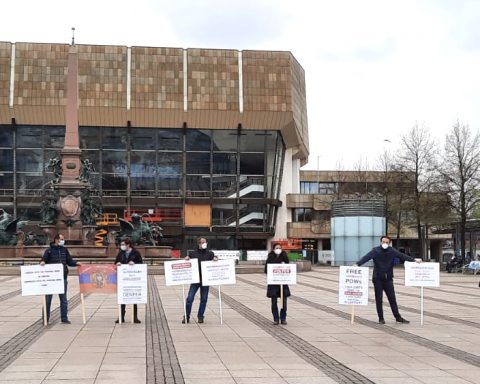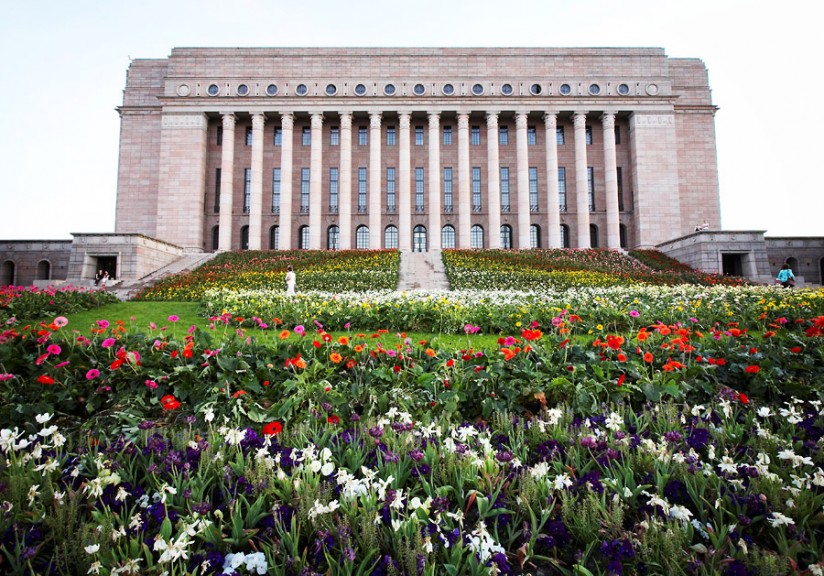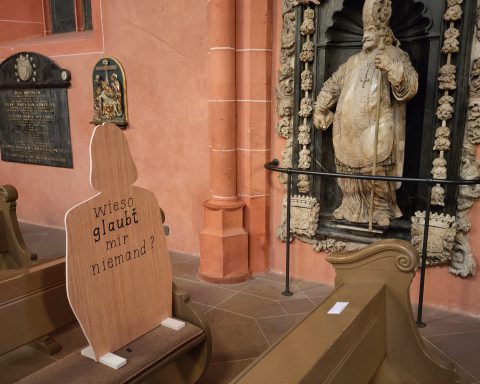Fidel Castro, former president of Cuba, is dead. Much has been written about his legacy already, although it is difficult to write about such a man. He was the 20th century’s longest serving non-royal head of state. To many, he was either the best of heroes or the worst of villains.

Passionate defenders and foes of Castro fail to reflect much on his policies and rule, following non-negotiable ideological conceptions instead.
Others have managed to write balanced histories of him. This one from the Miami Herald, for example, rather accurately summarizes his nearly 50-year rule as succinctly as possible. This is especially notable coming from Miami, the major U.S. hub for Cuban expats (or exiles), many of whom fled and/or despised the Fidel Castro regime and took to the streets to celebrate his death.

Castro’s rule lasted from 1959 until it ended de facto in 2006. His brother, Raul Castro, officially became Cuba’s president in 2008, but had become acting president two years before due to his older brother’s still unknown intestinal sickness. Under Raul Castro, Cuba has been undergoing a period of liberalization, and relations with its bigger neighbor to the north have begun to thaw.
Many discussions on Fidel Castro revolve around the question of human rights. His supporters argue that he improved social and economic rights for a historically impoverished and marginalized people, such as universal access to education and healthcare. His detractors argue that he suppressed civil and political rights, such as LGBT rights, freedom of assembly (political participation), and speech.
I want to put that important discussion to the side and focus on a more abstract issue. I will not use this space to write an “in-between” assessment of Fidel Castro’s long rule, either. Nevertheless, the issue I will tackle is critical to understanding his legacy: Dictatorships are inefficient, no matter the intentions or ideology of their leaders.
Fidel Castro’s rule was dictatorial by any standard. From his legacy we can learn that, beyond the discussion on the suppression or provision of certain rights, dictatorial governments are inherently inefficient in the distribution of resources. Hence, this explains why dictatorships are “bad governments” without engaging in quasi-religious ideological discussions.
The dictator school of accounting

A common misunderstanding that happens when looking at the legacy of current dictatorial governments is that they “mismanage” the economy. This was the common belief among many observers analyzing Castro’s communist regime.
It is true that most Cubans have lived in poverty, even if on average their well-being was higher than those living in absolute poverty in other developing countries. Many explain away Cuba’s low economic achievements as simply the work of socialism and communism. Others, as a direct consequence of the long-standing embargo from the U.S.
Although I would not argue in favor of any centrally planned economy, the official discourse of Cuba’s economy is rather irrelevant.
The explanation that Castro’s Cuba was economically mismanaged originates, I presume, from using modern accounting standards. This quite simply means that if the economy goes into the “red” (or stays frozen in the 1950s), then its management must have failed.
However, dictators view accounting a bit differently. They do not assess their economy as being in the “black” when there is increased economic production and well-being over a long period of time, but when their government stays in power for a long period of time.
Recently, scholars have explored the question of transitions within developing countries from such an economic perspective. In other words, dictators’ different understanding of whether or not the “business” – meaning the country – is doing well serves to explain why the economy under regimes like Castro’s tends to perform poorly.
This sort of government needs to spend resources in appeasing possible challengers to their power.
For example, generals tend to have expensive tastes, which the dictator has to satisfy in order to prevent a coup d’état. Also, providing basic public services, employment, and food rations to keep the population out of extreme poverty, but still at low purchasing power, shows how a dictator (in this case Fidel Castro) seeks not to increase welfare, but to appease possible mass insurrections against his rule.
Why democracies are more efficient
Democratic regimes are often talked about in romanticized ways. There is hardly a perfect democracy and sometimes free elections add further bullet points to a country’s list of troubles (ask the Iraqis, or more recently, the Brits or Americans).
However, open contestation of policies brought about from political participation (a definite “no no” in dictatorial regimes) at least allows for a more efficient distribution of resources.
Thus, in democracies, accounting follows normal modern precepts, as mentioned; the country is in the “black” if general welfare is increasing. It does not follow the dictatorial brand of accounting, where positive results are measured in the years that the ruling coalition stays in power.
To prove this point one does not have to look to the Scandinavian countries, as the “ideal” examples of social democracies. Developing countries such as Costa Rica, Peru and Uruguay prove that small countries with few resources can advance significantly in improving human welfare without having a dictatorship.
Besides being a poster-boy for the international far left, and a global symbol of anti-Americanism, Fidel Castro’s Cuba helps us understand why a dictatorship’s inefficiencies are undesirable beyond the discussion on human rights.

Cuba’s uncertain future
In practice, Fidel Castro became politically unimportant after his brother took over Cuba’s government in 2006. However, his death officially marks the end of an era in the enigmatic island’s history, and it is unclear how it will move forward. This is not because his brother is not getting any younger at 85, and said that he will hand over power in 2018.
The reason is that Cuba’s inefficient dictatorial regime was funded in part by foreign powers.
What Fidel Castro called Cuba’s “special period” starting in 1989 showed what happened when foreign subsidies helped to finance Cuba’s ruling coalition. Before this period, the Soviet Union bought Cuban products at premium prices and sold it oil at prices below the market value. Castro then resold much of the oil to other countries at international prices, which provided him with much needed revenues.
The fall of the Soviet Union meant the fall of their much needed financial support, which laid bare the inefficiencies of the Castro dictatorship. The “special period” ended when Venezuela’s Hugo Chavez, on his own quest for legitimization by the international left, stepped in as Cuba’s provider of highly subsidized oil, which kept the economic engine going.
However, Venezuela is learning the lessons of dictatorial inefficiency, as international oil prices collapsed, and is unlikely to keep on being Cuba’s financial lifeline.
Change is inevitably coming to Cuba’s ruling coalition. Whether this change will mean the end of the island’s dictatorial regime is very difficult to assess, though.

Raul Castro’s improvement of relations with the U.S. was a positive signal, but well known changes in American politics might close this possible avenue of political reform. What Fidel’s legacy shows is that another “special period” might come for Cuba, as economic inefficiency is the accepted result of staying in power until you turn 90.









